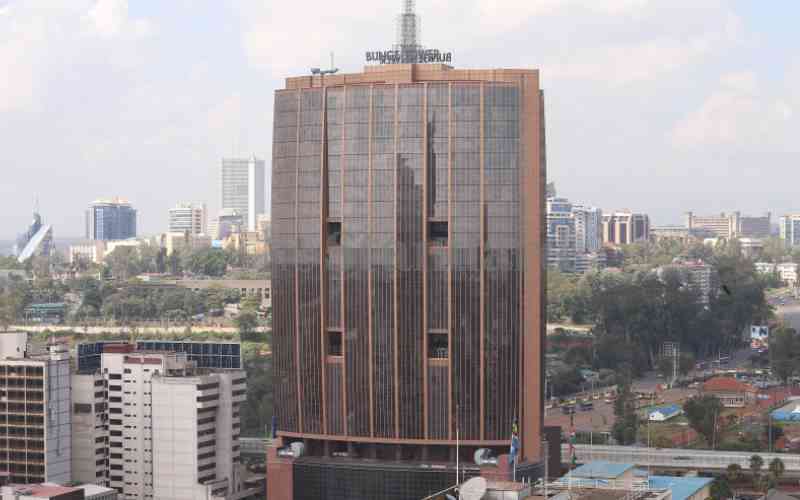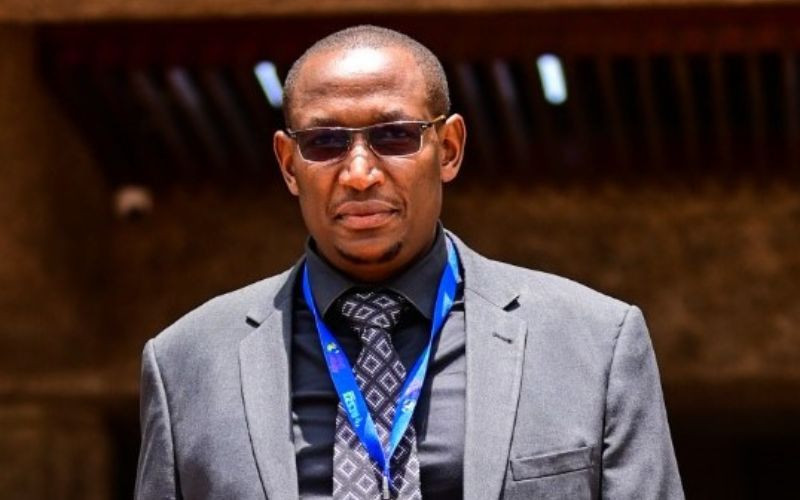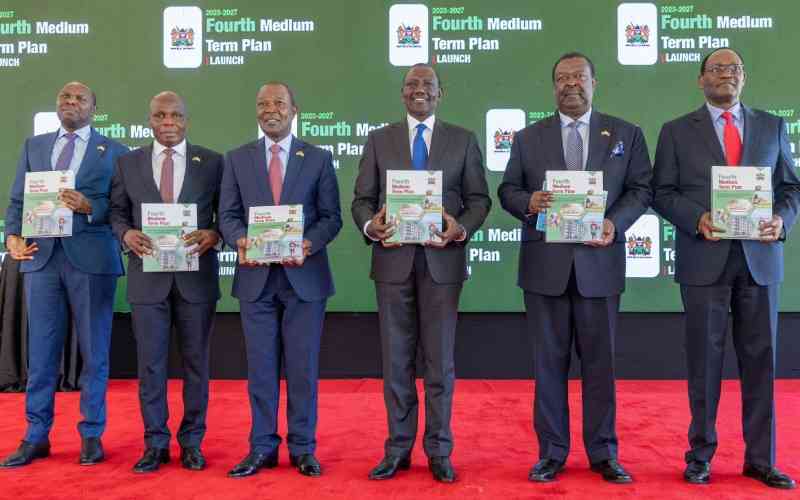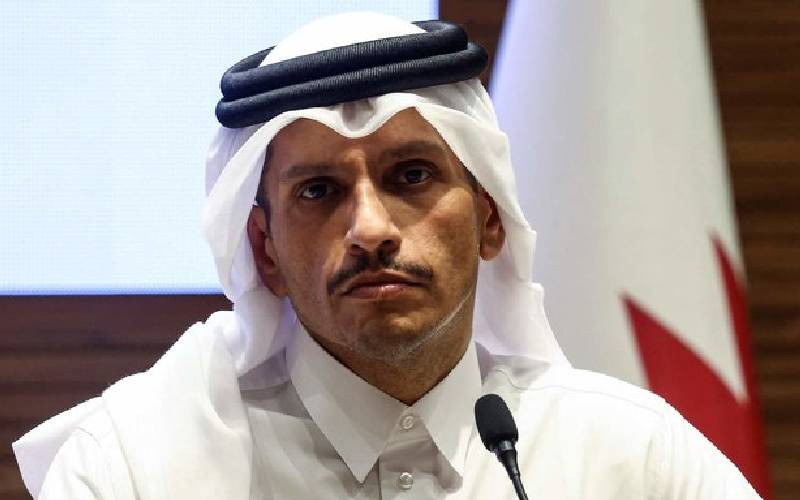President Uhuru Kenyatta, and indeed most Kenyans, are pleased with the withdrawal of criminal charges against him by the ICC. He is now a free man, and neither his conscience nor the sovereignty of the people of Kenya is on trial anymore. The withdrawal will leave the President with more time, and peace of mind, to attend to the pressing issue of insecurity.
ICC will no longer be his Achilles heel, much less a blot on his legacy; but terrorist threats and rising insecurity will if unabated.
Kenya is at war. The threat from Al Shabaab is real and should not be underestimated; they have declared war on Kenya and have repeatedly expressed their determination to turn their weapons on us.
It is not a conventional army that will face the KDF in a battle field, nor is it a guerilla group keen on annexing parts of the country. The declared aim is to inflict pain on our people and turn brother against brother so that there will be bloodshed in Kenya.
They will not choose whom to kill, or where to attack; to them, any Kenyan is a legitimate target. On how to do it with maximum effect, they have chosen the most emotional and sensitive tool - religion - by picking out non-Muslims for massacres.
In Somalia, any Muslim or non-Muslim, is their target, whatever their social status. They target religious leaders too, for preaching against their ideology.
Political leaders are their primary targets at all times because they are accused of being Western puppets.
The Somali public invariably become their soft belly, ostensibly because they are deemed to be subservient to an ‘unIslamic’ regime.
Before the Mandera incidents, they indiscriminately attacked public institutions, vehicles and individuals in the North Eastern towns and killed many, irrespective of their faith.
The latest focus on non-Muslims is a devious attempt to inflame passions across the country and ignite xenophobic and religious war among Kenyans. All Al Shabaab members are not Somalis. All Somalis are not Al Shabaab; neither are all Muslims members of Al Shabaab.
However, all Al Shabaab members profess Islamic faith and there in lies the danger.
They kill in the name of Islam and put a stamp on it by singling out non-Muslims for slaughter. To any ordinary non-Muslim, it is fait accompli; its Muslims who are killing them.
And Al Shabaab’s game plan is that the non-Muslims should feel sufficiently aggrieved to turn on their Muslim neighbours. Kenyans have, however, seen through heinous designs and have chosen to remain united in the face of these massacres.
For the Muslim community, nothing could be more painful and barbaric than such killings.
They know its unlawful, unIslamic and that it is designed to mislead them into believing that it is jihad. The selective targeting of non-Muslims is clearly aimed at ‘legitimising’ their action by making it look like Al Shabaab does not kill Muslims.
Stay informed. Subscribe to our newsletter
This is a psychological war too, to try and enlist support of local Muslim youth. But the Muslim community in Kenya risks losing the goodwill and trust of their Kenyan brothers, not because they are complicit in their actions, but because the Al Shabaab carry the Muslim tag.
Muslims are worried about wholesale condemnation by society, and are already alienated in some areas. The profiling by security forces when confronted by the insecurity crisis adds on to this perception of ‘guilty by association’.
A Muslim identity provides a common link across ethnic lines, with shared social experiences that can serve to rally against Al Shabaab. Willful ignorance or unabated indifference to this evident danger to our faith spells doom.
Much as we urge the Government to face up to this challenge, we have to intellectually disarm the radicals within our midst, and deligitimse their violent actions.
Whatever the cause of this radicialism, Kenyan Muslims must unite of necessity to challenge this ideological narrative which, if unabated, will consume our nation.
That said, it behooves us to urge our non-Muslim community to exercise tolerance in this crisis that is hurting both communities.
We must resist the obvious attempts to divide us and work together as Kenyans to keep our nation safe.
 The Standard Group Plc is a
multi-media organization with investments in media platforms spanning newspaper
print operations, television, radio broadcasting, digital and online services. The
Standard Group is recognized as a leading multi-media house in Kenya with a key
influence in matters of national and international interest.
The Standard Group Plc is a
multi-media organization with investments in media platforms spanning newspaper
print operations, television, radio broadcasting, digital and online services. The
Standard Group is recognized as a leading multi-media house in Kenya with a key
influence in matters of national and international interest.
 The Standard Group Plc is a
multi-media organization with investments in media platforms spanning newspaper
print operations, television, radio broadcasting, digital and online services. The
Standard Group is recognized as a leading multi-media house in Kenya with a key
influence in matters of national and international interest.
The Standard Group Plc is a
multi-media organization with investments in media platforms spanning newspaper
print operations, television, radio broadcasting, digital and online services. The
Standard Group is recognized as a leading multi-media house in Kenya with a key
influence in matters of national and international interest.








